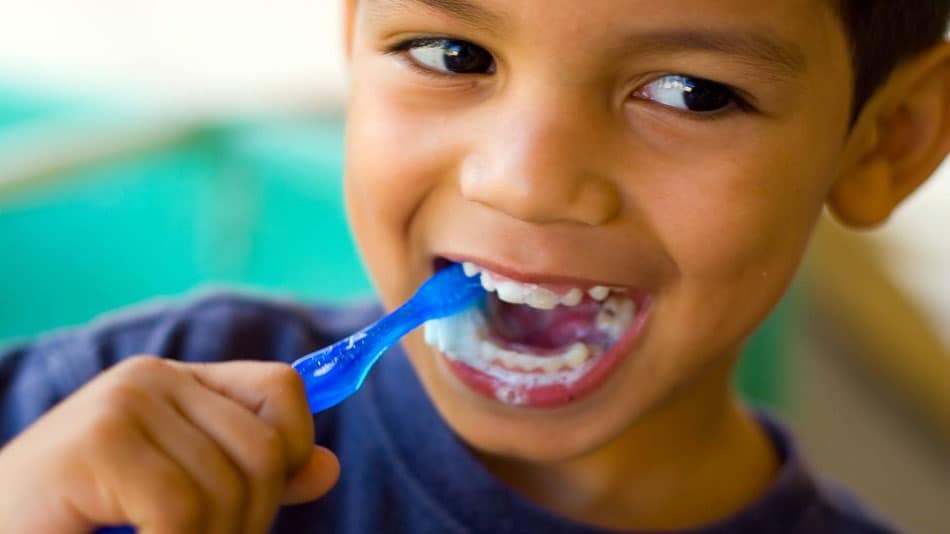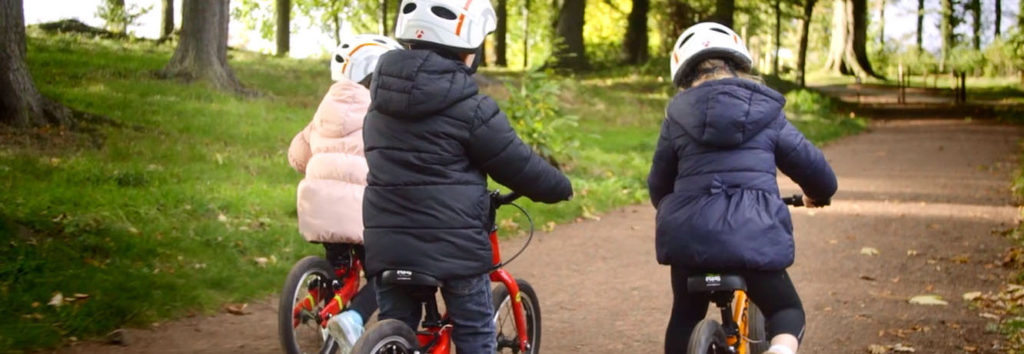
Pre-Covid at Chapter One we introduced a toothbrushing programme which was widely welcomed and successful.
For obvious reasons during COVID this programme was stopped to ensure safety of all during the pandemic.
My recent trip back to the UK, where the ChildSmile programme (Scotland) was introduced, I recently met with the paediatric dental health care team to enable myself and my UK teams to go for tutorials and training and get updated information after the pandemic. It is now great to see this programme back after a long period of absence.
So, returning to Muscat this was on the agenda to re-introduce. During my visit I will be doing a discussion time with teachers to ensure that correct procedures are taken for a healthy and safe programme for the children.
We all know the importance of dental health care and it’s never too young to start introducing routine of this as soon as children get teeth. Talking about healthy habits and especially with their peers in nursery can promote good routines.
We appreciate that this daily routine will be carried out within the home but our programme is to help with independence, avoid resistance and embed awareness of the important of good oral health in the learning environment.
Making toothbrushing part of your child’s daily routine from the start not only helps to prevent painful problems like tooth decay, but also forms the healthy habits which can set them up for a lifetime of smiles.
We aim to introduce toothbrushing into the ever day activities of our children.
We have used the toothbrushing programme in the UK for many years with guidance from the public health minister.
How the Programme Works
Each child will brush their teeth at last once a day within the setting and this will normally be either after snack or lunch depending on how it fits to the daily routines within each class. The latest research tells us that you cannot brush your teeth too often. It is hoped that the child will also have brushed their teeth with a fluoride toothpaste before bed and at last one other occasion at home.
Children are to be supervised at all times when brushing to supervise the amount of toothpaste used and preventing eating or licking toothpaste and they will be instructed on how to brush correctly in order to create effective healthy brushing habits.
This programme is a fun activity that excites children and teaches them about proper oral health care.
Toothbrushes will be kept in an effective storage unit (brush bus- see below). This storage unit facilitates air drying and prevents cross contamination. Each child will have their own named toothbrush which are changed regularly.
Parent tips on Good Practice
Under three years of age
A smear of toothpaste should be used for children under three years. Do not reapply if paste is swallowed.
Over three years of age
A pea sized amount of toothpaste should be used for children aged over three years. Do not reapply if paste is swallowed.
You may wish to use the same toothpaste for your two, three and four year olds but please check to ensure the correct amount of fluoride in the toothpaste and that it contains no animal products.
Toothbrushes
Toothbrushes should have a small head size with a medium textured bristles. Toothbrushes must be replaced once every three months, or sooner if required.
How to dry brush
Place the head of the toothbrush against the teeth, tilting the bristle tips to a 45 degree angle against the gum line. Move the brush in small circular movements, several times, on all the surfaces of every tooth.
Brush the outer surfaces of each tooth, upper and lower, keeping the bristles angled against the gum line.
Child to spit out after brushing – but do not rinse. This allows the fluoride to stay on the teeth longer.
A Parent consent form will be issued and parents can opt in or out of the programme.
We are also working in partnership with Child Dental Centre Muscat who are carrying out dental screening at no cost to our parents and dental checks will be carried out in Nursery. Again, a letter of permission will be distributed for parents to opt in or out of this service.


